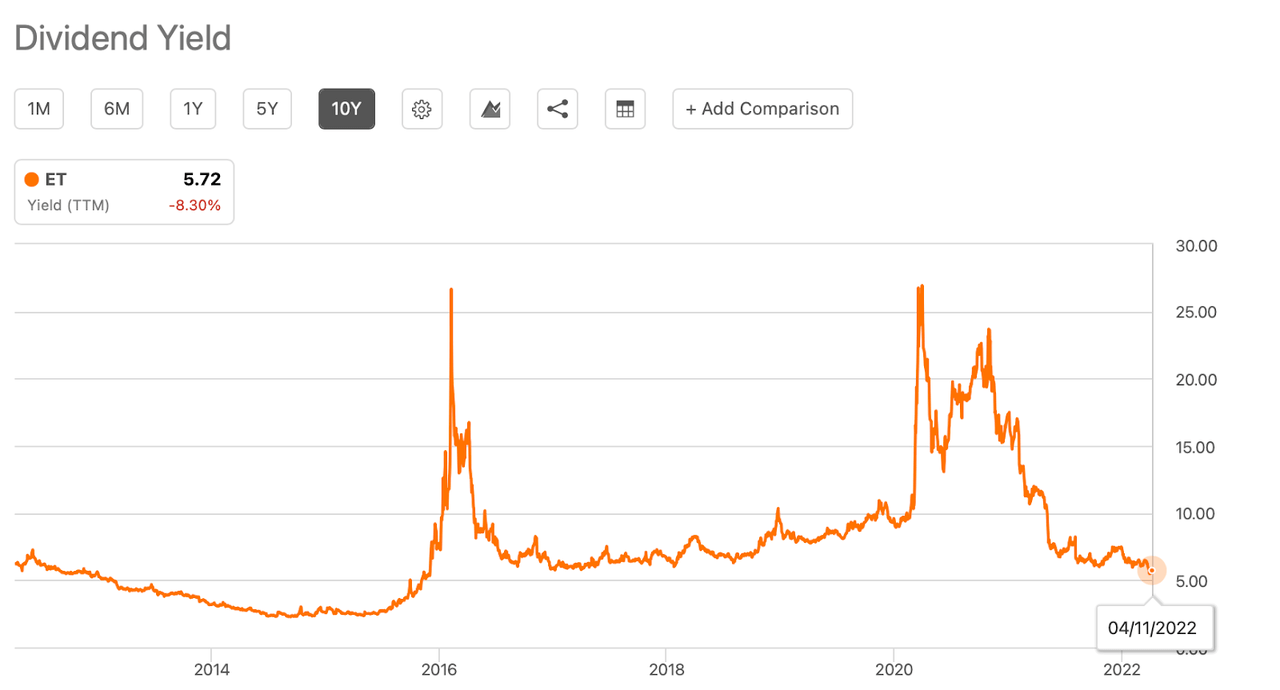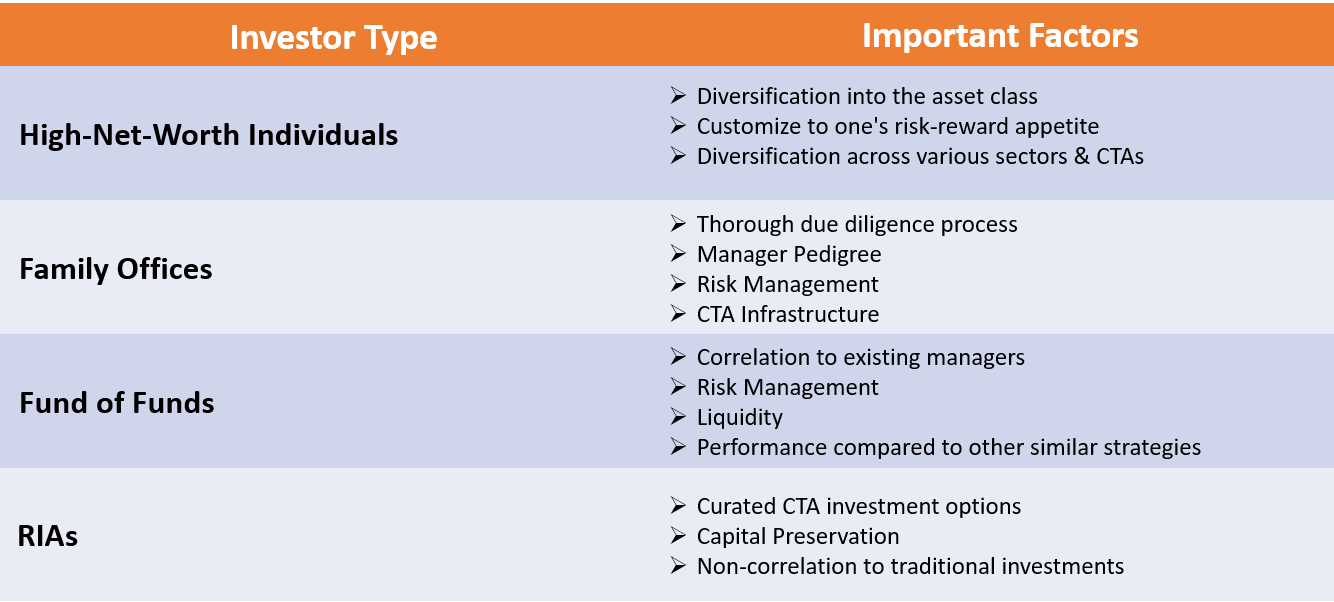
You might be curious about how to analyze stocks. This article will address fundamental, technical as well as quantitative and qualitative methods. The first step in learning how to analyze stocks is to become familiar with the terms and methods. Since charts are difficult to read, it is impossible to accurately understand stock price. Read on to learn more. Here are some helpful tips. Below are some terms and methods that can be used to analyze stocks. Once you have these down, you can begin to use them to determine the health of the stock market.
Fundamental analysis
Fundamental analysis is used to evaluate a company's current value by using financial ratios as well as historical data. This analysis can then be used to predict future growth, stability, investment potential, and future profits. This analysis relies solely on quantitative data and removes any possibility of subjective opinion. Traders need to be objective because they are unable to forecast prices on a sole discretionary basis. Future traders are also able to predict certain variables through fundamental analysis.
Although fundamental analysis can seem difficult, there are many advantages to it. Fundamental analysis can help you avoid common market mistakes by identifying the true worth of a company’s stock. An investor can protect himself from stock market fluctuations by purchasing a company on the basis of its intrinsic value. Fundamental analysis is difficult, and even the best independent investors can doubt its validity. But if you stick to these guidelines, you'll stay on the right road.

Technical analysis
Technical analysis of stocks is a form of technical analysis that assumes that current prices are accurate reflections of all available information. However, prices are a function both of supply and demand, but they reflect the emotions and psychology of people. These prices can fluctuate dramatically depending on what people expect and other factors. A "technician" tries to disregard this emotional factor in trading and makes decisions based on a company's chart patterns.
Charles Dow is the one who first developed technical analysis. He used the system to explain market trends and direction. This system is used by several other financial analysts to analyze markets and make their money. Charles Dow is acknowledged with having introduced technical analysis into the mainstream. Today's technical analysis relies on the Dow Jones Industrial Average. A fundamental approach may not be right for you if you are a novice investor.
Quantitative Analysis
Often referred to as the stock market's "Q-factor," quantitative analysis is the method of determining the stock's value by examining the company's financial statements. Investors will be able to identify which stocks are worth considering and which ones are not. The answers investors seek are related to company industry structure, incomes and expenses, as well assets and liabilities.
To perform a quantitative analysis, you must be able to analyze vast quantities of data. A quantitative analyst must look for patterns and identify them in order to make good investment decisions. Success is not guaranteed by any one indicator. For example, the strength of a stock’s fundamentals will determine whether its price rises or falls. Quantitative analysis must also be able identify the factors that have influenced past and future success of a company, such as its market cap.

Qualitative analyses
Investors can use qualitative analysis to help them determine which stocks offer the best returns. Qualitative analysis is more effective for companies that are involved in different industries. Theoretical considerations can not always align with reality. These tips will help you make the right investment decision. Let's explore the differences among quantitative and qualitative analyses.
The fundamental analysis provides a solid starting point. It examines three broad areas: financial, personal, business. You will also need to understand company specific factors like the financial situation, management, and strategy. To supplement the data, you may need additional documents. Qualitative factors like corporate governance, ethics, and corporate governance are important to understand qualitative analysis. A company's consistency with its business strategies should be evaluated.
FAQ
How does inflation affect the stock market?
Inflation can affect the stock market because investors have to pay more dollars each year for goods or services. As prices rise, stocks fall. That's why you should always buy shares when they're cheap.
What is a Bond?
A bond agreement between 2 parties that involves money changing hands in exchange for goods or service. It is also known by the term contract.
A bond is usually written on a piece of paper and signed by both sides. The document contains details such as the date, amount owed, interest rate, etc.
The bond is used for risks such as the possibility of a business failing or someone breaking a promise.
Sometimes bonds can be used with other types loans like mortgages. This means that the borrower must pay back the loan plus any interest payments.
Bonds are used to raise capital for large-scale projects like hospitals, bridges, roads, etc.
It becomes due once a bond matures. This means that the bond owner gets the principal amount plus any interest.
If a bond does not get paid back, then the lender loses its money.
How can people lose their money in the stock exchange?
The stock market isn't a place where you can make money by selling high and buying low. You lose money when you buy high and sell low.
The stock market is an arena for people who are willing to take on risks. They are willing to sell stocks when they believe they are too expensive and buy stocks at a price they don't think is fair.
They are hoping to benefit from the market's downs and ups. They might lose everything if they don’t pay attention.
What is a Stock Exchange and How Does It Work?
A stock exchange is where companies go to sell shares of their company. This allows investors to purchase shares in the company. The market sets the price of the share. The market usually determines the price of the share based on what people will pay for it.
Stock exchanges also help companies raise money from investors. To help companies grow, investors invest money. They buy shares in the company. Companies use their funds to fund projects and expand their business.
Stock exchanges can offer many types of shares. Some are called ordinary shares. These shares are the most widely traded. Ordinary shares are traded in the open stock market. Stocks can be traded at prices that are determined according to supply and demand.
Preferred shares and debt security are two other types of shares. When dividends are paid, preferred shares have priority over all other shares. The bonds issued by the company are called debt securities and must be repaid.
What is security in the stock market?
Security is an asset that produces income for its owner. Most common security type is shares in companies.
A company could issue bonds, preferred stocks or common stocks.
The earnings per share (EPS), and the dividends paid by the company determine the value of a share.
A share is a piece of the business that you own and you have a claim to future profits. You receive money from the company if the dividend is paid.
You can sell your shares at any time.
Who can trade on the stock market?
Everyone. But not all people are equal in this world. Some have better skills and knowledge than others. They should be recognized for their efforts.
There are many factors that determine whether someone succeeds, or fails, in trading stocks. You won't be able make any decisions based upon financial reports if you don’t know how to read them.
These reports are not for you unless you know how to interpret them. It is important to understand the meaning of each number. And you must be able to interpret the numbers correctly.
If you do this, you'll be able to spot trends and patterns in the data. This will help you decide when to buy and sell shares.
If you're lucky enough you might be able make a living doing this.
How does the stock exchange work?
You are purchasing ownership rights to a portion of the company when you purchase a share of stock. Shareholders have certain rights in the company. He/she may vote on major policies or resolutions. He/she has the right to demand payment for any damages done by the company. He/she may also sue for breach of contract.
A company cannot issue any more shares than its total assets, minus liabilities. This is called "capital adequacy."
Companies with high capital adequacy rates are considered safe. Companies with low capital adequacy ratios are considered risky investments.
What is the role and function of the Securities and Exchange Commission
Securities exchanges, broker-dealers and investment companies are all regulated by the SEC. It enforces federal securities laws.
Statistics
- Even if you find talent for trading stocks, allocating more than 10% of your portfolio to an individual stock can expose your savings to too much volatility. (nerdwallet.com)
- Individuals with very limited financial experience are either terrified by horror stories of average investors losing 50% of their portfolio value or are beguiled by "hot tips" that bear the promise of huge rewards but seldom pay off. (investopedia.com)
- The S&P 500 has grown about 10.5% per year since its establishment in the 1920s. (investopedia.com)
- Ratchet down that 10% if you don't yet have a healthy emergency fund and 10% to 15% of your income funneled into a retirement savings account. (nerdwallet.com)
External Links
How To
How can I invest in bonds?
A bond is an investment fund that you need to purchase. While the interest rates are not high, they return your money at regular intervals. You can earn money over time with these interest rates.
There are many ways to invest in bonds.
-
Directly purchasing individual bonds
-
Purchase of shares in a bond investment
-
Investing through an investment bank or broker
-
Investing through a financial institution
-
Investing through a Pension Plan
-
Invest directly through a stockbroker.
-
Investing in a mutual-fund.
-
Investing with a unit trust
-
Investing with a life insurance policy
-
Private equity funds are a great way to invest.
-
Investing via an index-linked fund
-
Investing through a Hedge Fund